
A Massachusetts federal judge recently ruled that Colgate must face claims that Tom’s of Maine toothpaste is misrepresented as “natural.”
According to U.S. District Judge Nathaniel M. Gorton, plaintiffs in the Tom’s of Maine class action lawsuit have included enough facts in their claims to survive a motion to dismiss. The company had argued that the plaintiff didn’t provide enough information to bring the claims along with other points.
These arguments were overturned, but Judge Gorton did note that the Tom’s argument may allow the claims to be dismissed via summary judgement. The company had argued that their packaging was not misleading because they provide additional information about their use of the word “natural” on their website.
“But the question of whether a reasonable consumer could be expected to take investigative steps to educate himself or herself rather than rely on the prominent display of the word ‘natural’ on the front of the package is, at this stage, a factual question to be addressed on a full record by the fact (finder),” Judge Gorton said.
Plaintiff Angela Munsell filed her Tom’s of Maine toothpaste class action lawsuit in December, alleging that the products were misleadingly marketed as “natural.” Instead of containing only natural toothpaste ingredients, the products allegedly contain synthetic ingredients.
Munsell took issue with a variety of “synthetic” ingredients in the products, including glycerin, propylene glycol, sodium lauryl sulfate, aluminum cholorohydrate, xantham gum, sorbitol, ascorbic acid and xylitol.
According to the Tom’s of Maine toothpaste class action lawsuit, Munsell and other consumers specifically bought the products assuming that they were purchasing a natural toothpaste. If they had known that the toothpaste was not natural, they would not have purchased the products or would have paid significantly less for it, the class action argues.
In February, Tom’s of Maine and parent company Colgate-Palmolive responded to the allegations with a motion to dismiss, arguing that the claims were too vague to continue. The companies also claimed that the Tom’s of Maine toothpaste “natural” marketing was not deceptive to a reasonable consumer when viewed within the context of the company’s website and the product’s overall packaging.
However, Judge Gorton claimed that these arguments were not enough to dismiss Munsell’s allegations. Although the plaintiff did not specify which Tom’s of Maine products she purchased, Munsell reportedly alleged that she was duped into buying the products “regularly” since December 2015. Even without a specific product, Judge Gorton found these allegations to be sufficient.
“The ‘who’ is defendants Tom’s and Colgate. The ‘what’ is the allegedly misleading ‘natural’ claim on the packaging of the products which led [Munsell] to purchase the products at a premium despite the inclusion of synthetic, artificial and/or chemically processed ingredients,” the judge wrote in his motion. “The ‘where’ is the packaging of the products and the ‘when’ is the class period from December 5, 2015 to the present.”
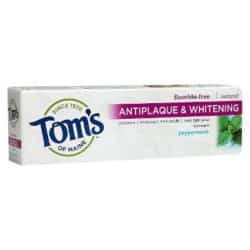
“Such allegations are sufficient to state a claim that Colgate acquired and uses Tom’s to promote misrepresentation through deceptive and misleading marketing practices,” the Tom’s of Maine toothpaste class action lawsuit alleges.
“Accordingly, plaintiff has alleged sufficient wrongdoing on the part of Colgate to overcome defendants’ motion to dismiss.”
Munsell is not the first consumer to take action against Tom’s of Maine’s “natural” toothpaste claims.
In 2014, other plaintiffs brought similar claims but eventually reached a settlement with the company. Under the terms of the deal, Tom’s of Maine was allowed to continue with their “natural” marketing claims as long as additional information was provided by both the product packaging and the company’s website. The information was intended to inform consumers about their standards for ingredients and sustainable sourcing.
In both 2016 and 2017, other plaintiffs filed two class action lawsuits against Tom’s of Maine in New York and California, respectively.
Have you purchased Colgate Tom’s of Maine toothpaste products? Share your experiences in the comments section below.
Munsell and the proposed Class are represented by Edward F. Haber, Ian J. McLoughlin and Adam M. Stewart of Shapiro Haber & Urmy LLP.
The Tom’s of Maine Toothpaste Class Action Lawsuit is Angela Munsell v. Colgate-Palmolive Co., et al., Case No. 1:19-cv-12512, in U.S. District Court for the District of Massachusetts.
ATTORNEY ADVERTISING
Top Class Actions is a Proud Member of the American Bar Association
LEGAL INFORMATION IS NOT LEGAL ADVICE
Top Class Actions Legal Statement
©2008 – 2026 Top Class Actions® LLC
Various Trademarks held by their respective owners
This website is not intended for viewing or usage by European Union citizens.




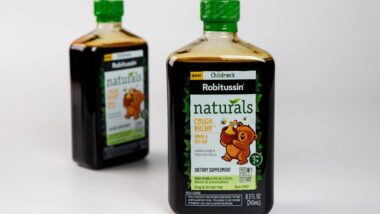



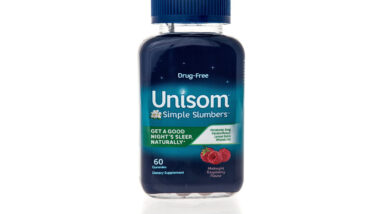

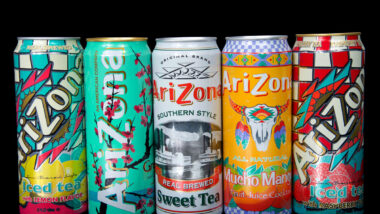
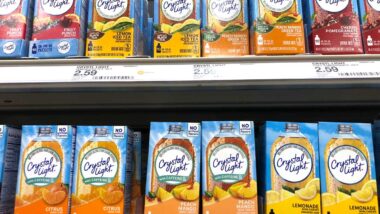
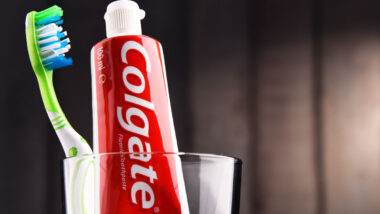


51 thoughts onTom’s of Maine Toothpaste Class Action Survives Dismissal
Yes add me
I have used Tom’s and promoted to family as a natural toothpaste as it states. So tired of companies mislabeling and getting away with it plus charging more for being natural. 😞
Please add me
DEFINITLY..ADD ME
Please add me as I have purchased the toothpaste and Tom’s deodorant
Add me too
Add me
Add me
Tom’s toothpaste charges more than the “regular” add me
Add me please